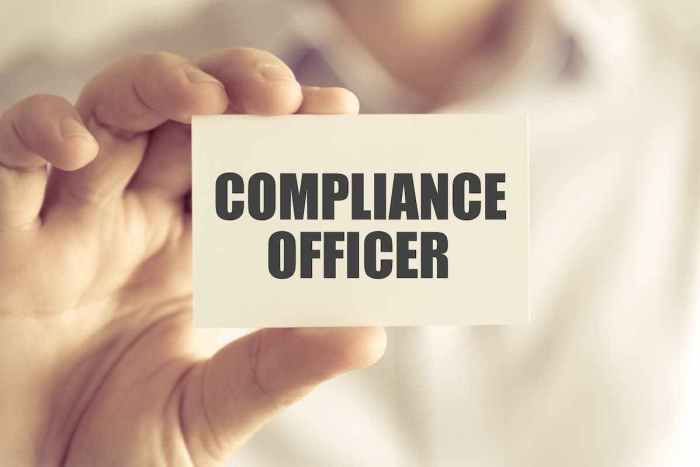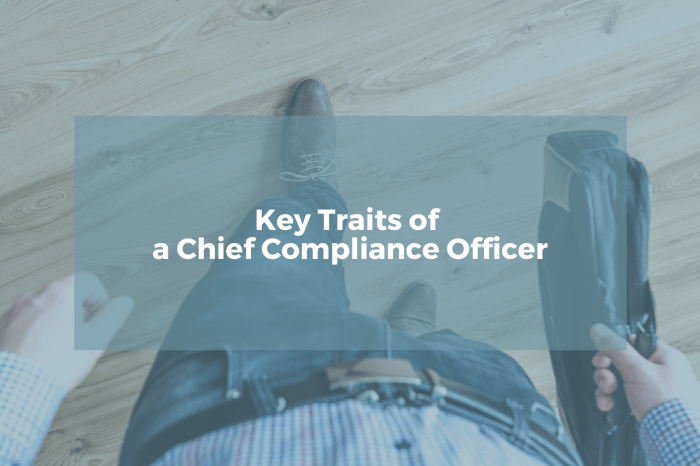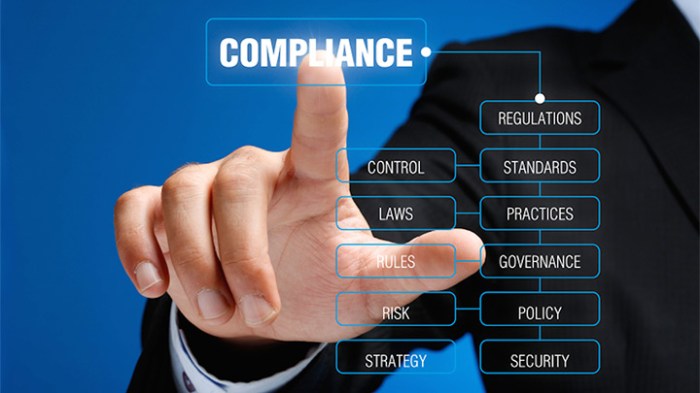The CRA compliance officer is generally responsible for ensuring an organization’s adherence to regulatory requirements, ethical standards, and internal policies. They play a pivotal role in identifying, assessing, and mitigating compliance risks, thereby safeguarding the organization’s reputation, financial stability, and legal standing.
Compliance officers collaborate with various stakeholders, including management, legal counsel, and external auditors, to develop and implement effective compliance programs. They conduct internal investigations, provide training and education to employees, and report on compliance matters to senior management and regulatory authorities.
Core Responsibilities of a Compliance Officer

The primary duties of a compliance officer revolve around ensuring adherence to laws, regulations, and internal policies within an organization. They play a pivotal role in:
- Developing and implementing comprehensive compliance programs.
- Identifying, assessing, and mitigating compliance risks.
- Conducting internal investigations of compliance violations.
- Providing training and education to employees on compliance matters.
- Ensuring compliance with regulatory requirements and reporting obligations.
- Collaborating and communicating with internal and external stakeholders.
Scope of Authority and Decision-Making Power
The scope of authority and decision-making power of a compliance officer varies depending on the organization’s size, industry, and regulatory environment. In general, compliance officers have the authority to:
- Interpret and apply laws, regulations, and internal policies.
- Conduct risk assessments and make recommendations for mitigating risks.
- Investigate potential compliance violations.
- Recommend disciplinary actions for compliance violations.
- Report compliance issues to senior management and the board of directors.
Key Stakeholders and Regulatory Bodies, The cra compliance officer is generally responsible for
Compliance officers interact with a wide range of stakeholders, including:
- Senior management and the board of directors.
- Employees at all levels.
- External auditors and regulators.
- Legal counsel.
- Industry associations.
They must also be familiar with the laws and regulations enforced by regulatory bodies such as the Securities and Exchange Commission (SEC), the Federal Trade Commission (FTC), and the Department of Justice (DOJ).
FAQ: The Cra Compliance Officer Is Generally Responsible For
What are the key responsibilities of a CRA compliance officer?
CRA compliance officers are responsible for developing and implementing compliance programs, conducting risk assessments, conducting internal investigations, providing training and education, and reporting on compliance matters.
What are the benefits of having a strong compliance program?
Strong compliance programs help organizations avoid legal penalties, protect their reputation, and maintain investor confidence.
What are the challenges that compliance officers face?
Compliance officers face challenges such as keeping up with changing regulations, managing risk effectively, and fostering a culture of compliance within the organization.


